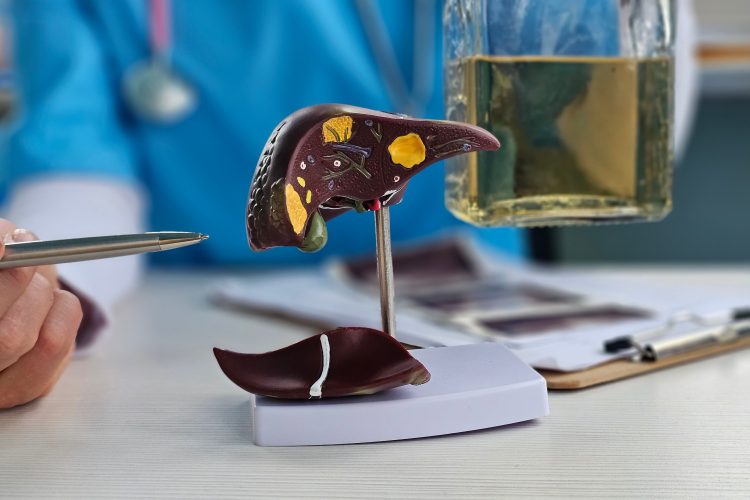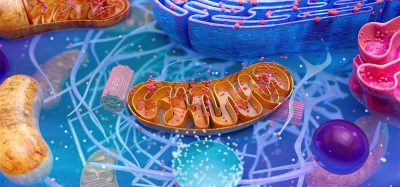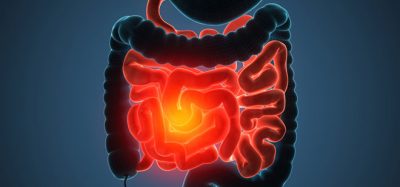Repurposed anti-inflammatory drug may help treat alcohol use disorders
Posted: 2 May 2025 | Drug Target Review | No comments yet
A new study by Scripps Research reveals that apremilast, an FDA-approved anti-inflammatory drug, may help reduce both alcohol consumption and pain sensitivity, offering a potential dual therapy for alcohol use disorder.


The preclinical study from Scripps Research has found that apremilast, a drug already FDA-approved for treating inflammatory conditions, may reduce both alcohol consumption and pain sensitivity, offering a promising dual-targeted approach to alcohol use disorder (AUD). The findings, published in JCI Insight, shed light on a potential repurposing of apremilast as a therapy for the millions struggling with co-occurring pain and alcohol misuse.
Targeting a complex cycle of pain and addiction
An estimated 400 million people aged 15 and older are affected by AUD globally, according to the World Health Organization (WHO). Among them, chronic pain is one of the most common and persistent factors contributing to relapse, yet it remains largely unaddressed in traditional treatment strategies. Many individuals with AUD also experience mechanical allodynia, a condition in which normal touch sensations are perceived as painful, often lingering long after alcohol consumption stops.
Many individuals with AUD also experience mechanical allodynia, a condition in which normal touch sensations are perceived as painful, often lingering long after alcohol consumption stops.
“Our findings highlight the therapeutic value of apremilast to reduce co-occurring drinking and mechanical allodynia in long-term abstinence—a critical component of harmful drinking and AUD psychopathology,” said senior author Marisa Roberto, Professor of Neuroscience at Scripps Research.
Apremilast is a phosphodiesterase-4 (PDE4) inhibitor already approved to treat conditions such as psoriasis and psoriatic arthritis. Previous studies showed that it reduced alcohol consumption in both humans and animal models. This latest research expands on that knowledge by exploring its potential to also alleviate pain symptoms tied to alcohol use.
A dual effect in preclinical models
In the study, researchers tested apremilast in two types of rats: one strain genetically predisposed to high alcohol consumption and a standard laboratory strain. Both groups were treated with apremilast or a placebo after having access to alcohol.
Results showed that apremilast significantly decreased alcohol intake in both male and female rats across both strains. It also reduced pain sensitivity immediately after drinking and throughout abstinence periods, which lasted up to four weeks after alcohol was removed. However, the effects varied slightly depending on biological sex and genetic background.
“But at specific time points, the patterns of reduction differed between males and females, as well as between strains,” noted first author Bryan Cruz, a postdoctoral fellow at Scripps Research. For instance, some male rats didn’t experience pain relief, highlighting the importance of considering sex-based differences in future studies.
Additional experiments revealed that apremilast enhanced GABAergic transmission, an inhibitory signalling process linked to pain and stress regulation, in the central amygdala, a brain region critical to addiction and pain processing. Interestingly, this effect appeared only in the standard strain of rats, pointing to a potential influence of genetic predisposition on treatment outcomes.
The inflammation link
Both strains of male rats showed increased brain expression of PDE4 genes following alcohol exposure, reinforcing the connection between inflammation, pain, and alcohol use. While other PDE4 inhibitors have been studied for pain unrelated to alcohol, apremilast could represent the first to address pain specifically within the context of AUD.
Going forward, the researchers plan to study whether apremilast could also alleviate anxiety and emotional distress during alcohol withdrawal, factors known to strongly contribute to relapse.
“For over a decade, it’s been well-established that withdrawal-induced anxiety is a major driver of relapse,” said Roberto. “Therefore, addressing other key components of the addiction cycle is critical, as many individuals use alcohol to cope not only with physical pain but with emotional distress as well.”
Though clinical studies in humans are still needed, this research is an important milestone to a more holistic and potentially more effective treatment strategy for those living with the burden of alcohol addiction and chronic pain.
Related topics
Animal Models, Central Nervous System (CNS), Drug Repurposing, Drug Targets, Neuroprotection, Neurosciences, Therapeutics
Related conditions
Alcohol use disorder (AUD)
Related organisations
Scripps Research, World Health Organization (WHO)








